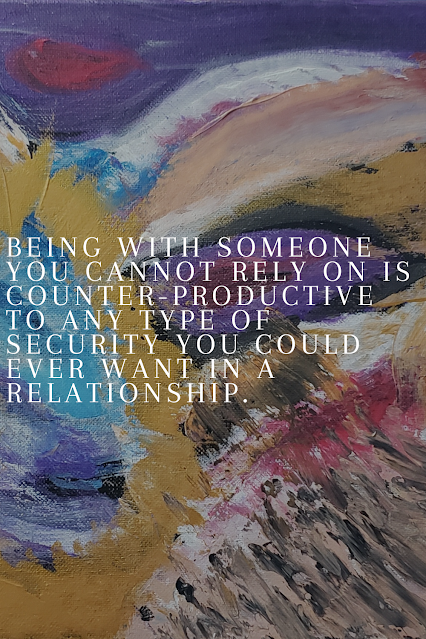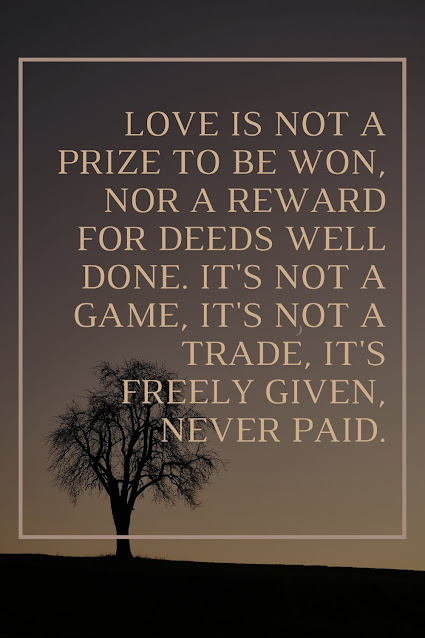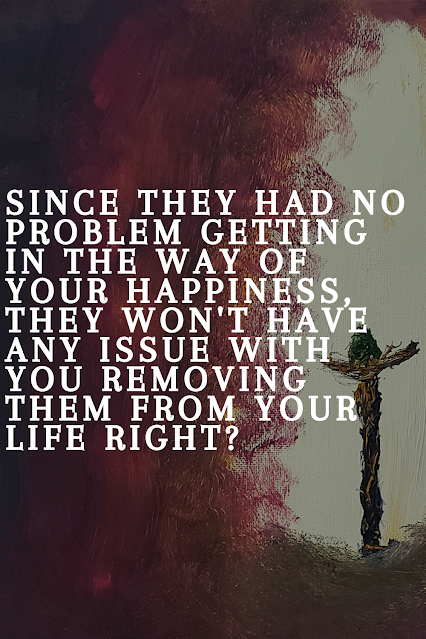Reframe your perspective
Introduction
If you want to make a change in your life, the most important thing is to take an honest look at how you're viewing it. If you ruminate on negative thoughts or visualize yourself failing, these images will become self-fulfilling prophecies. But if you can reframe your perspective and see the positive side of things—and really believe that what's going on isn't so bad at all—then change can happen for you.
Love yourself enough to treat yourself.
This is a hard one because I often find myself struggling with the idea of treating myself. But, if you really think about it, what could be more important than treating yourself well? It’s so easy to get caught up in our daily lives that we forget to love ourselves enough to treat ourselves well.
There are many ways you can treat yourself and give yourself some self-care time: yoga, meditation or just having an afternoon nap when there’s nothing pressing on your agenda can all help boost your mood and make you feel more relaxed. And if you keep at it, then eventually those moments will become part of your life—and even easier to fit in!
Think of your life with no limits.
You have to think of your life with no limits. The key is to focus on what you can do, not what you can't. The next time you feel like something is holding you back, ask yourself: "What would happen if I didn't let this stop me?" Often times the answer will be: nothing! And that's a good thing because it means that there isn't really anything stopping you in the first place.
Set goals and achieve them by being ambitious and having big dreams for yourself, but don't let fear hold you back from starting small if that's what works best for your situation and personality type (which is why we recommend testing out different things around here). Don't be afraid to fail because failing doesn't mean giving up or failing completely; it just means learning something new so that next time around when those same issues arise again they won’t trip up your progress like they did before.
Reconsider your definition of success.
Your definition of success is a life-changing concept that can lead you to live a more meaningful and fulfilling life. If you want to truly achieve success, it's important to reconsider your definition of success. Many people fall into the trap of thinking that being wealthy or having status is what constitutes true fulfillment in life, but this couldn't be further from the truth. True happiness comes from living a meaningful life and helping others along the way.
If you want to make a positive difference in your community and see yourself as successful, then it's time for some serious soul searching about what really matters most to you in life—and how best you can pursue those passions while making other people happy along the way (or even saving them). My number one piece of advice would be: define success differently!
Create new habits for yourself and repeat them daily.
Habits are the building blocks of our lives. They can help us focus, be productive and contribute to society in positive ways. What are habits? Habits are behaviors that we repeat regularly because they become automatic. Let's say you wake up at 6 a.m., go for a run, get ready for work and eat breakfast daily before heading off to the office or elsewhere. These habits formed over time because you repeated them daily until they became automatic—you don't need to think about what you're doing next because it has become habit-like behavior for you!
What happens if we don't develop good habits? Unfortunately, bad ones tend to take hold instead; these include procrastination and lack of motivation. Bad habits can cause problems in relationships as well as negatively impact our careers with missed deadlines due to poor time management skills caused by lack of planning or disorganization caused by laziness or lackadaisical attitude towards responsibilities such as completing projects on time without having revised them beforehand (the latter example being more common than one might think).
Focus on where you want to go, not where you are.
The first step is to reframe your perspective. Instead of focusing on where you are, focus on where you want to go. Instead of focusing on what you have achieved, focus on what you want to achieve.
Focus on the future, not the past. Focus on what you want to do, not what you are doing. This simple shift in thinking can help open your mind up for new ideas and possibilities for yourself and your business—which will ultimately lead to growth and success!
Find your purpose and live life by it.
Find your purpose and live life by it. How do you find your purpose? You have to start with the end in mind, and then work backwards from there.
How do you live your purpose? By making a decision, then taking action on that decision. The more often you take action towards fulfilling your goal, the closer you are to achieving it.
See the best in others and in yourself.
Seeing the best in others is a skill that will serve you well and make you happier. I have been guilty of this myself, but it's something I'm consciously working on. It helps me to remember that everyone makes mistakes and everyone has their own struggles and experiences that they have to deal with every day just like we do.
Seeing the best in yourself is also important, because the more beautiful your inner world is, the more beautiful your life can be too. We all have things we wish we could change about ourselves—I know I do! But when we focus on seeing only our negative qualities, other people will begin to see us as negative too; instead of seeing them as positive role models who inspire us or motivate us to be better versions of ourselves
Be okay with being uncomfortable.
It's okay to be uncomfortable. In fact, you should be ready and willing to feel that way when you're trying something new or taking a risk. It means that you're growing and learning, which is the whole point of life.
However! You shouldn't stay there. If you never take action outside of what's comfortable for you, then there's no growth—and therefore no meaning or purpose in this world for any of us. So try new things as often as possible—but don't get stuck there either!
Reframe your perspective and change your mindset
As a human being, the way you think is determined by how your brain has been wired. Your thought process has been shaped by your past experiences, your education and upbringing, and even biology; it's not something that can be changed overnight. However, there are ways to change your mindset for the better.
When it comes to reframing our perspective on things, we need to be careful not to let our emotions get the best of us—it's all too easy for anger or sadness or fear or any other emotion to take over if we're not paying attention! Instead of letting negative feelings take control of us when we're dealing with hardship or failure (or even just feeling down in general), try keeping calm and reminding yourself that sometimes life throws curve-balls at us—that doesn't make them any less difficult than they might seem on paper (or even in real life). It just means that sometimes life isn't fair; but there are good things waiting around every corner if we look hard enough!
Conclusion
Living a more fulfilling life is all about finding new ways to think about the things that you do, as well as reframing your perspective. It can be difficult to change your mindset when rutted into old patterns or beliefs. However, by being open-minded and willing to listen to others' ideas, it will help you see how much better life can be when you look at things differently.
THIS IS YOUR DUTY! 


.jpg)

























.png)










.jpg)
